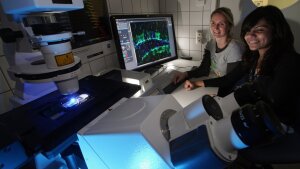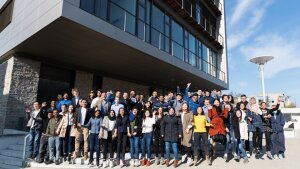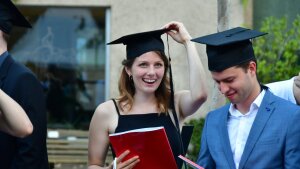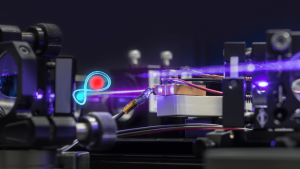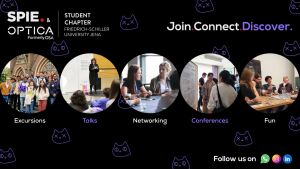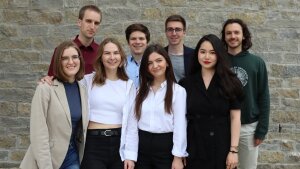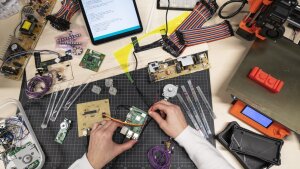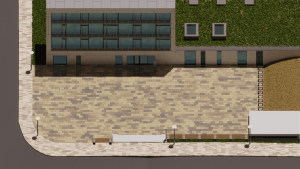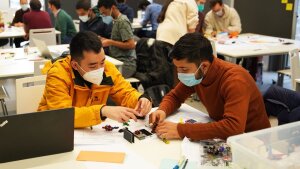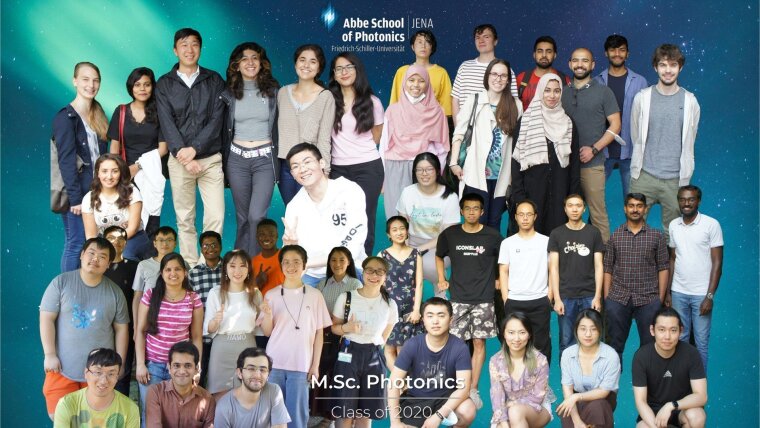
Choose your Master!
The Abbe School of Photonics provides and coordinates graduate studies in optics and photonics within several Master's degree programs. Rooted at the Faculty of Physics and Astronomy, we offer programs in Photonics, Quantum Science & Technology and Physics. Completing any of these programs seamlessly opens the possibility to continue your studies with our prestigious doctoral (PhD) program. Moreover, the Faculty of Medicine offers the M. Sc. Medical Photonics at the interface between medicine and optics/photonics.
Individualized Training and Transferable Skills
Workshop during the Innovation in Photonics Course in the Lichtwerkstatt Makerspace 2022
Image: Steffen Lukas, FSU JenaAll students of the Abbe School of Photonics receive dedicated personal and organizational support, such as personal mentoring, study-specific tutoring, language training, internship and job advice, and guidance on local accommodation provided by our specialized ASP team. We offer a comprehensive welcome and support program for incoming students. Furthermore, each enrolled student is eligible to participate in the following extra modules, completely free of charge:
- German language course for at least one semester
- Workshops on job and internship applications in Europe and Germany
- Workshops on intercultural competences and business administration
- Workshops on good scientific practice
- Professional support to create individual application documents for a successful career start after graduation
Further Student Services
Doctoral students relaxing outdoors in Jena.
Image: Anna SchrollThe International Office of the Friedrich Schiller University Jena assists all international students with regard to individual tutors, access to our academic Language Center, international mobilities and further student services. More information is available in our FAQ section. Accommodation in student residences is provided by Student Services ("Studierendenwerk")External link. Of course, private apartments are also available on the local market. Senior student tutors assist incoming students in a peer-to-peer manner, e.g. meeting them upon arrival, showing them their rooms, introducing them to the university and its facilities, showing them around the city of Jena and its student life, and helping them with the initial paperwork. Student groups and associations offer a wide variety of joint activities and events, tandem language courses, concerts, festivals, excursions, etc. - making sure, in short, that our new students feel welcome and integrated.


